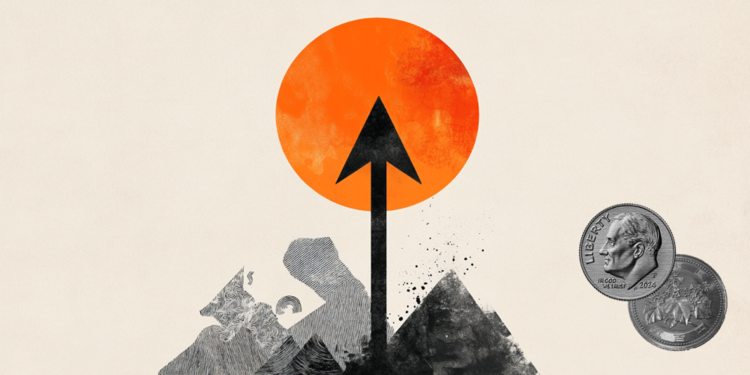Several studies have already linked sleep quality to better general health. Now, a new study suggests that long-term memory may be affected by sleep deprivation. Furthermore, even a good night’s sleep after a bad night’s sleep is not enough to correct the brain signal related to memory. The discovery was published on Wednesday (12) in the scientific journal Nature.
For Kamran Diba, a computational neuroscientist at the University of Michigan School of Medicine in Ann Arbor and co-author of the study, these discoveries could lead to directional treatments to improve memory in the future.
The brain’s neurons are interconnected and often fire together in repetitive patterns — one of which is sharp wave ripples. In it, a large group of neurons fire synchronously and this happens in an area of the brain called the hippocampus, fundamental for the formation of memory. Furthermore, scientific evidence has shown that these patterns possibly facilitate communication with the neocortex, where long-term memories are stored.
Previous research has already noted that these sharp wave ripples tend to occur during deep sleep and also during wakefulness (when we are awake). When ripples happen during sleep, they may be important for transforming short-term knowledge into long-term memories.
From this, and to better understand how sleep deprivation can affect memory, researchers decided to record hippocampal activity in seven rats as they explored mazes over the course of several weeks. Some of these animals had their sleep disturbed regularly, as a result of scientists’ interventions, while others were able to sleep at will.
According to the researchers, rats that were repeatedly awake had similar and even higher levels of sharp wave activity than rodents that slept normally. However, these ripples were weaker and less organized, which indicates a decrease in the repetition of neuron firing patterns.
Once the sleep-deprived rats were able to recover from the intervention, previous neural patterns recovered, but did not reach the same levels as rats that were able to sleep normally, without interruptions.
What did the study conclude?
For Loren Frank, a neuroscientist at the University of California, San Francisco, who was not involved in the study, “memories continue to be processed after they are experienced and post-experience processing is really important.” In interview on the Nature magazine websitethe expert states that this discovery could explain why studying a lot before a test or staying up all night studying can be an ineffective strategy.
Furthermore, in the view of György Buzsáki, a systems neuroscientist at NYU Langone Health in New York who has been researching these explosions since the 1980s, sleep disruption could be used to prevent traumatic memories from being stored long-term.
Source: CNN Brasil
I am an experienced journalist and writer with a career in the news industry. My focus is on covering Top News stories for World Stock Market, where I provide comprehensive analysis and commentary on markets around the world. I have expertise in writing both long-form articles and shorter pieces that deliver timely, relevant updates to readers.







